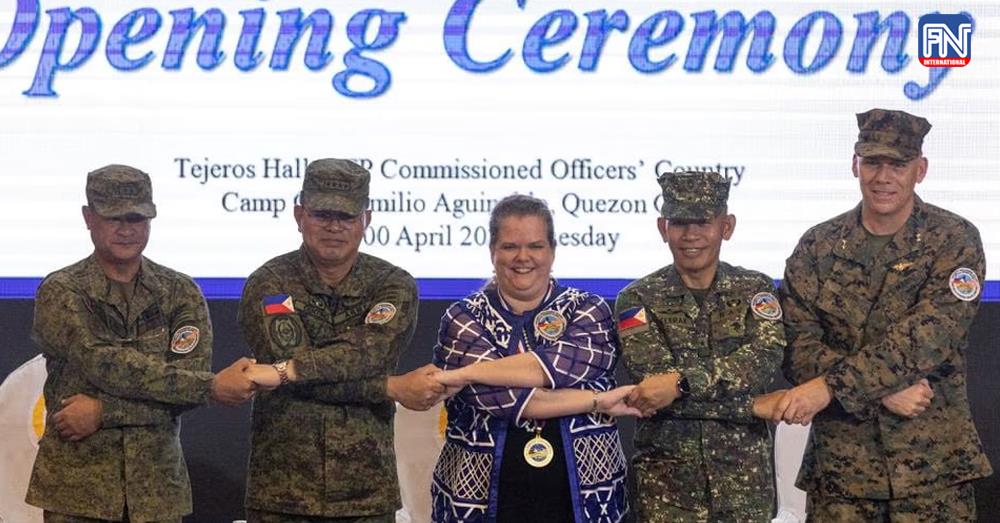MANILA, Aug 30 (Reuters) - The U.S. military is in talks to develop a civilian port in the remote northernmost islands of the Philippines, the local governor and two other officials told Reuters, a move that would boost American access to strategically located islands facing Taiwan.
U.S. military involvement in the proposed port in the Batanes islands, less than 200 km (125 miles) from Taiwan, could stoke tensions at a time of growing friction with China and a drive by Washington to intensify its longstanding defence treaty engagement with the Philippines.
The Bashi Channel between those islands and Taiwan is considered a choke point for vessels moving between the western Pacific and the contested South China Sea and a key waterway in the case of a Chinese invasion of Taiwan. The Chinese military regularly sends ships and aircraft through the channel, Taiwan's defence ministry has said.
Marilou Cayco, the provincial governor of the Batanes islands, told Reuters in a message she had sought funding from the U.S. for the building of an "an alternative port" there, which was intended to assist the unloading of cargo from the capital, Manila, during rough seas in the monsoon season.
She said the plans were to build a port on Basco island, where local authorities say high waves often make the existing port inaccessible, and that a decision could be made in October.
The Philippines has in the past year almost doubled the number of its military bases that U.S. forces can access, ostensibly for humanitarian assistance, and also has thousands of U.S. troops in the country at any given time, rotating in and out for joint training exercises. China has said these U.S. moves were "stoking the fire" of regional tensions.
The Chinese Embassy in Manila did not immediately respond to a request for comment on the proposed port in Basco.
Two other Filipino officials, who requested anonymity because they were not authorized to speak to media, said U.S troops had visited Batanes recently to discuss the port.
One, a senior military official, said the Filipino armed forces were interested in radar and improving monitoring capabilities in the area.
Cayco confirmed the visit, saying they came "one time to assess" the proposed alternative port.
The move comes as Washington pursues closer ties with Asian nations to counter China in the Asia-Pacific region, including the Philippines, its former colony and treaty ally.
Kanishka Gangopadhyay, a spokesperson for the U.S embassy in Manila, said U.S. Embassy and U.S. Army Pacific (USARPAC) experts had been engaging the governor and local government, "at their request, to discuss ways USARPAC can support engineering, medical, and agricultural development projects in the province."
He did not mention the port specifically.
